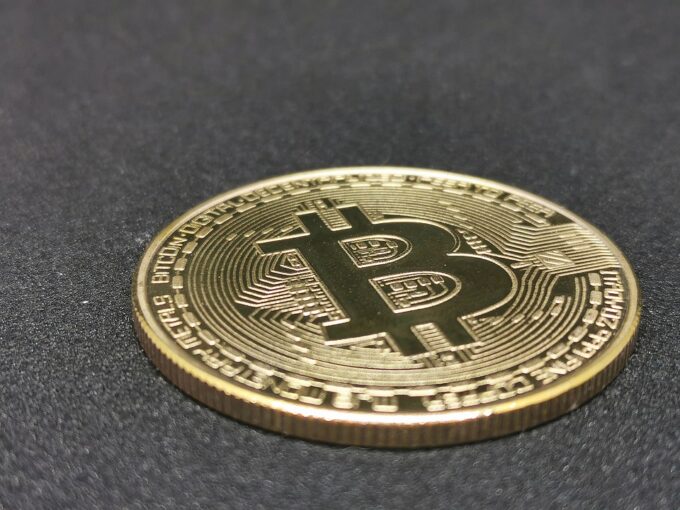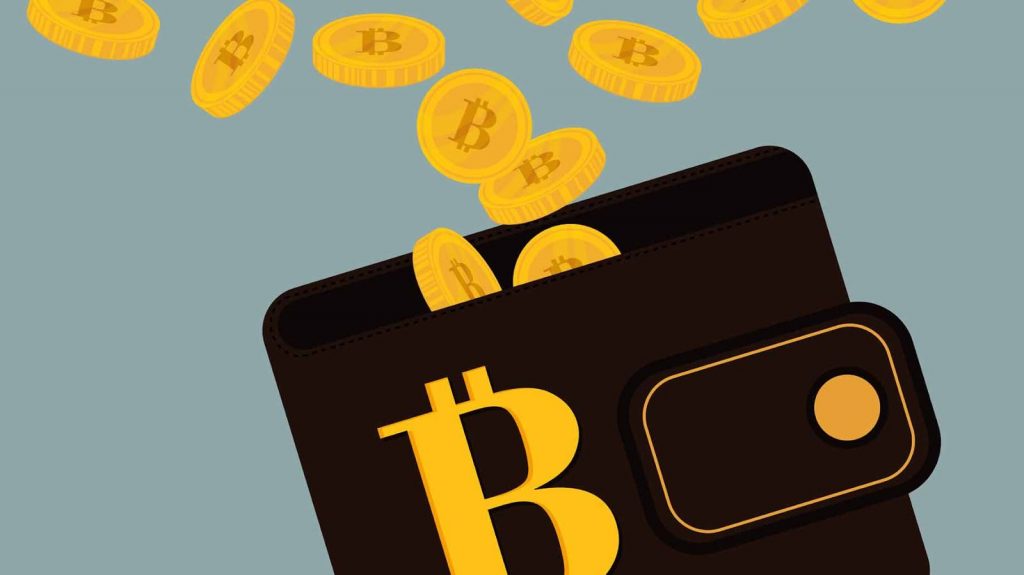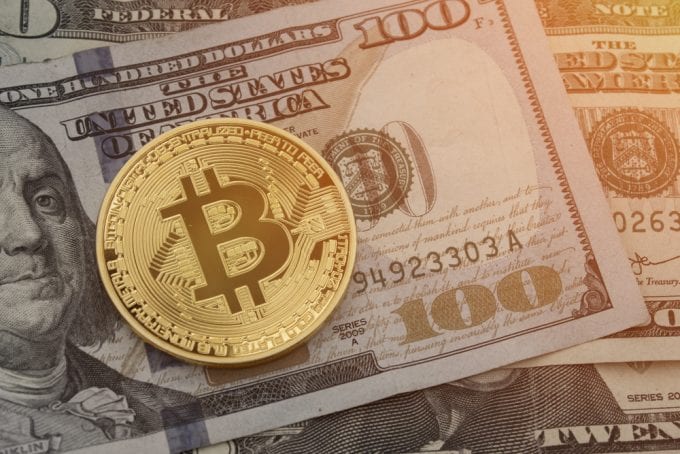Bitcoin made its way to the public arena back in 2009, and has led to the creation of a new financial system as well as the development of applications that were believed to be impossible prior to the creation of blockchain technology. Since its creation and deployment, Bitcoin has had a journey in the market that is definitely far from being considered plain sailing. Whether it’s the frequent crashes in price, global governments imposing strict regulations, or the age-old debate about whether cryptocurrency will ever go mainstream or not, Bitcoin has stood through it all and still continues to face daily challenges in the market. In this article, we will take a brief look at the history of Bitcoin.
What is Bitcoin?

Before we proceed, let’s just recap what exactly Bitcoin is. Bitcoin is a decentralized digital currency created in January 2009. It follows the ideas set out in a white paper by the mysterious and pseudonymous Satoshi Nakamoto. The identity of the person or persons who created the technology is still a mystery. Bitcoin offers the promise of lower transaction fees compared to traditional online payment mechanisms, and unlike government-issued currencies, it is operated by a decentralized authority.
If you’d like to buy some Bitcoin, we suggest that you use KuCoin! If you want to sign up, make sure to use the best available KuCoin Referral Code when you do!
Background

Prior to the release of bitcoin, there were a number of digital cash technologies starting with the issuer based e-cash protocols of David Chaum and Stefan Brands. The idea that solutions to computational puzzles could have some value was first proposed by cryptographers Cynthia Dwork and Moni Naor in 1992. The idea was independently rediscovered by Adam Back who developed hashcash, a proof-of-work scheme for spam control in 1997. The first proposals for distributed digital scarcity based cryptocurrencies were Wei Dai’s b-money and Nick Szabo’s bit gold. Hal Finney developed reusable proof of work (RPOW) using hashcash as its proof of work algorithm.
In the bit gold proposal which proposed a collectible market-based mechanism for inflation control, Nick Szabo also investigated some additional aspects including a Byzantine fault-tolerant agreement protocol based on quorum addresses to store and transfer the chained proof-of-work solutions, which was, unfortunately, vulnerable to Sybil attacks.
The History of Bitcoin

Even though Bitcoin has a relatively short history, Satoshi Nakamoto, Blockchain, and Bitcoin have all become household names that continue to push the limits of how we view global currencies.
Just as popular as its origins, Bitcoin has also become known for volatile price swings that often make news headlines and grab the attention of financial traders. Bitcoin also provided the blueprint that helped in the development of other cryptocurrencies such as Ethereum, Ripple, Litecoin, and many other digital currencies. There have also been many spin offs from the original Bitcoin blockchain, called forks, that were created when nodes in the Bitcoin network chose not to upgrade to the latest protocol, creating a new digital currency out of Bitcoin’s old protocols. Examples are Bitcoin Cash and Bitcoin Gold.
When and Why Bitcoin Was Created?

Bitcoin was created in 2009 and was the first decentralized currency to run on blockchain technology.
The first mention of Bitcoin was in its technical paper, also called its whitepaper. The paper was published by someone under the pseudonym Satoshi Nakamoto. Bitcoin promised the ability to conduct government-free transactions by relying on digital signatures and digital coins instead of government-issued fiat currencies which are centralized in nature. All transactions that take place on the Bitcoin blockchain are written to the blockchain’s digital ledger, which is publicly accessible, ensuring a high degree of transparency.
The nodes in the network are run by participants called miners. These are individuals who volunteer their personal computing power to the network to keep the network running. In return, these miners are paid in Bitcoin, and also have a say in new protocols that are adapted to the blockchain network. In this way, miners fulfill the role that a central bank would play in a financial system by looking out for the best interest of the coin as a collective.
Bitcoin requires all nodes to verify transactions on the blockchain. Since these computers are spread across the globe and run by various individuals, it is considered very difficult to hack and corrupt.
Bitcoin is considered to be a secure system and has continued to capture the public’s interest since its creation. This is mainly because of how volatile its price has been. The best example of Bitcoin’s price volatility is back in 2017 when Bitcoin had jumped 740% in 5 months before plummeting 69% shortly after. Despite Bitcoin having such a volatile price, many still believe that the leading cryptocurrency is here to stay.
Growth of Bitcoin

The first retail transaction made with Bitcoin was on May 22, 2010, when 10,000 BTC was exchanged for two pizzas delivered from a local pizza restaurant in Florida.
2011
Just 2 years after Bitcoin’s launch, other cryptocurrencies started making their way to the market in 2011. The Electronic Frontier Foundation, a non-profit group, started accepting bitcoin in January 2011, then stopped accepting them in June 2011, citing concerns about a lack of legal precedent about new currency systems. The EFF’s decision was reversed on 17 May 2013 when they resumed accepting bitcoin. In June 2011, WikiLeaks and other organizations began to accept bitcoin for donations.
2013
In February 2013, Coinbase, the bitcoin-based payment processor, reported selling $1 million worth of bitcoin in a single month at just over $22 a bitcoin. The Internet Archive also announced that it was ready to accept donations in BTC and that it intends to give employees the option to receive portions of their salaries in BTC.
2015

In January 2015 Coinbase raised $75 million as part of a Series C funding round, smashing the previous record for a bitcoin company. Less than one year after the collapse of Mt. Gox, United Kingdom-based exchange Bitstamp announced that their exchange would be taken offline while they investigate a hack which resulted in about 19,000 bitcoin (equivalent to roughly $5 million at that time) being stolen from their hot wallet.The exchange remained offline for several days amid speculation that customers had lost their funds. Bitstamp resumed trading on 9 January after increasing security measures and assuring customers that their account balances would not be impacted.
2017
The number of businesses accepting bitcoin continued to increase. In January 2017, NHK reported the number of online stores accepting bitcoin in Japan had increased 4.6 times over the past year. BitPay CEO Stephen Pair declared the company’s transaction rate tripled from January 2016 to February 2017, and explained that the usage of bitcoin is growing in B2B supply chain payments.
Bitcoin also gains more legitimacy among lawmakers and legacy financial companies. For example, Japan passed a law to accept bitcoin as a legal payment method, and Russia has announced that it will legalize the use of cryptocurrencies such as bitcoin.
2020

On 2 July 2020, the Indian company 69 Shares started to quote a set of bitcoin exchange-traded products (ETP) on the Xetra trading system of the Deutsche Boerse.
On 1 September 2020, the Wiener Börse listed its first 21 titles denominated in cryptocurrencies like bitcoin, including the services of real-time quotation and securities settlement.
On 3 September 2020, the Frankfurt Stock Exchange admitted in its Regulated Market the quotation of the first bitcoin exchange-traded note (ETN), centrally cleared via Eurex Clearing.
In October 2020, PayPal announced that it would allow its users to buy and sell bitcoin on its platform, although not to deposit or withdraw bitcoin.
2021

On 1 June 2021, El Salvador President, Nayib Bukele announced his plans to adopt bitcoin as legal tender, this would render El Salvador the world’s first country to do so.
On 8 June 2021, at the initiative of the president, pro-government deputies in the Legislative Assembly of El Salvador voted legislation—Ley Bitcoin or the Bitcoin Law—to make Bitcoin legal tender in the country alongside the US Dollar.
To Recap
Bitcoin has had a short but very eventful journey since its inception in 2009. Known for its high price volatility, Bitcoin has continuously attracted the attention of the public, leaving many to believe that Bitcoin is here to stay. Nothing has been able to halt or terminate Bitcoin’s existence, not even global government regulations. Over the years, we have seen more cryptocurrencies enter the market as well as more cryptocurrency service providers such as exchange and payment platforms enter the market as well. All that is happening in the cryptocurrency space today can be attributed to Bitcoin, because it paved the way for all of the cryptocurrencies and decentralized technologies entering the market now and in the future.









